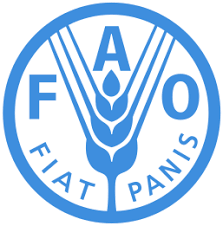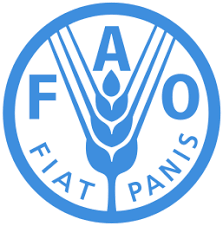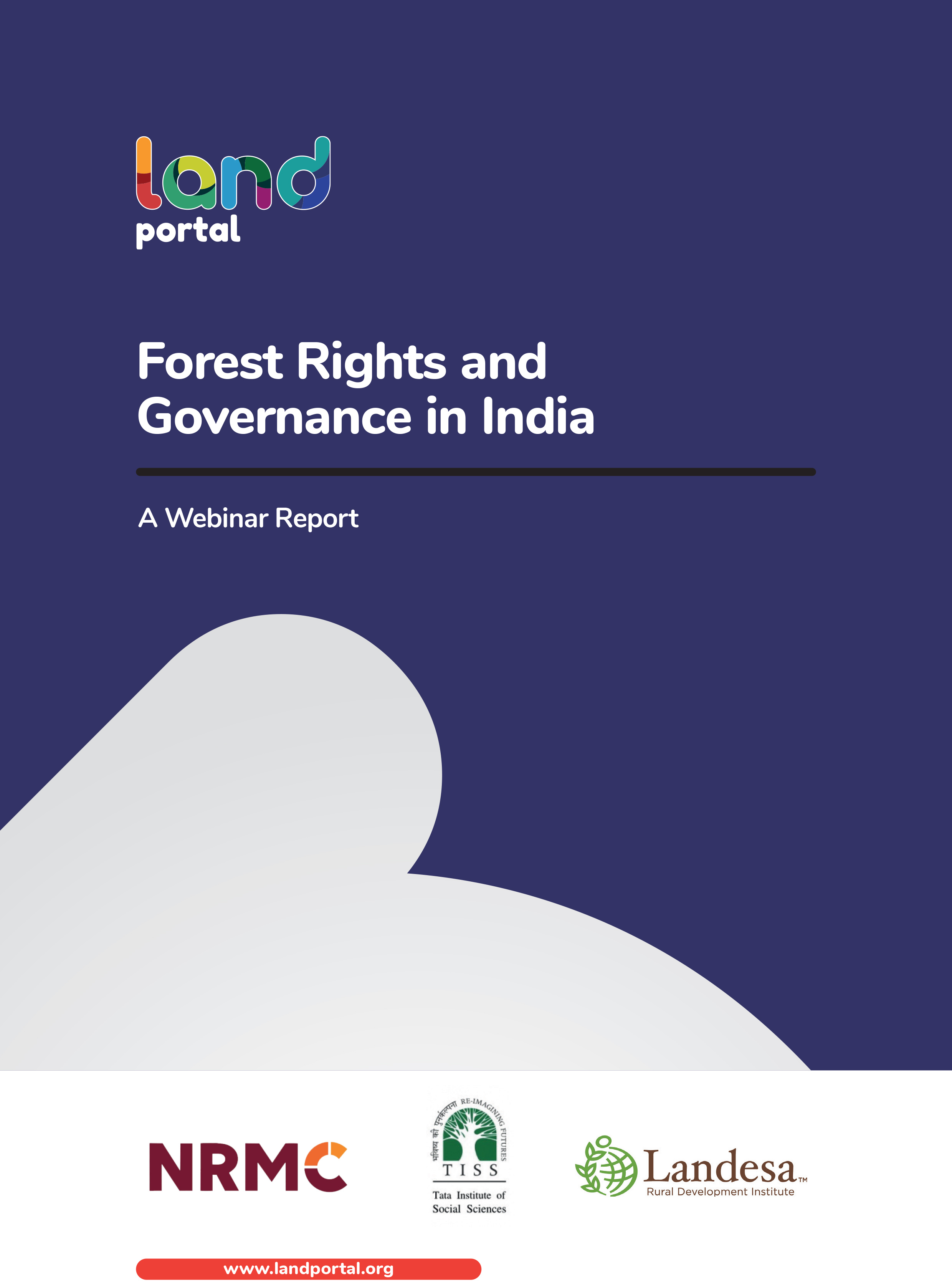Panel Discussion: Three Years of the Voluntary Guidelines
Why Land Still Matters: Three Years of the Voluntary Guidelines - Where We Are and Where We Are Going Moderator: Heath Cosgrove, USAID's Land Tenure and Resource Management Office Panelists: Paul Munro-Faure, Food and Agriculture Organization (FAO) of the United Nations; Annalisa Mauro, International Land Coalition (ILC); and Dr. Joan Cuka Kagwanja, Land Policy Initiative, UN Economic Commission for Africa (UNECA)









